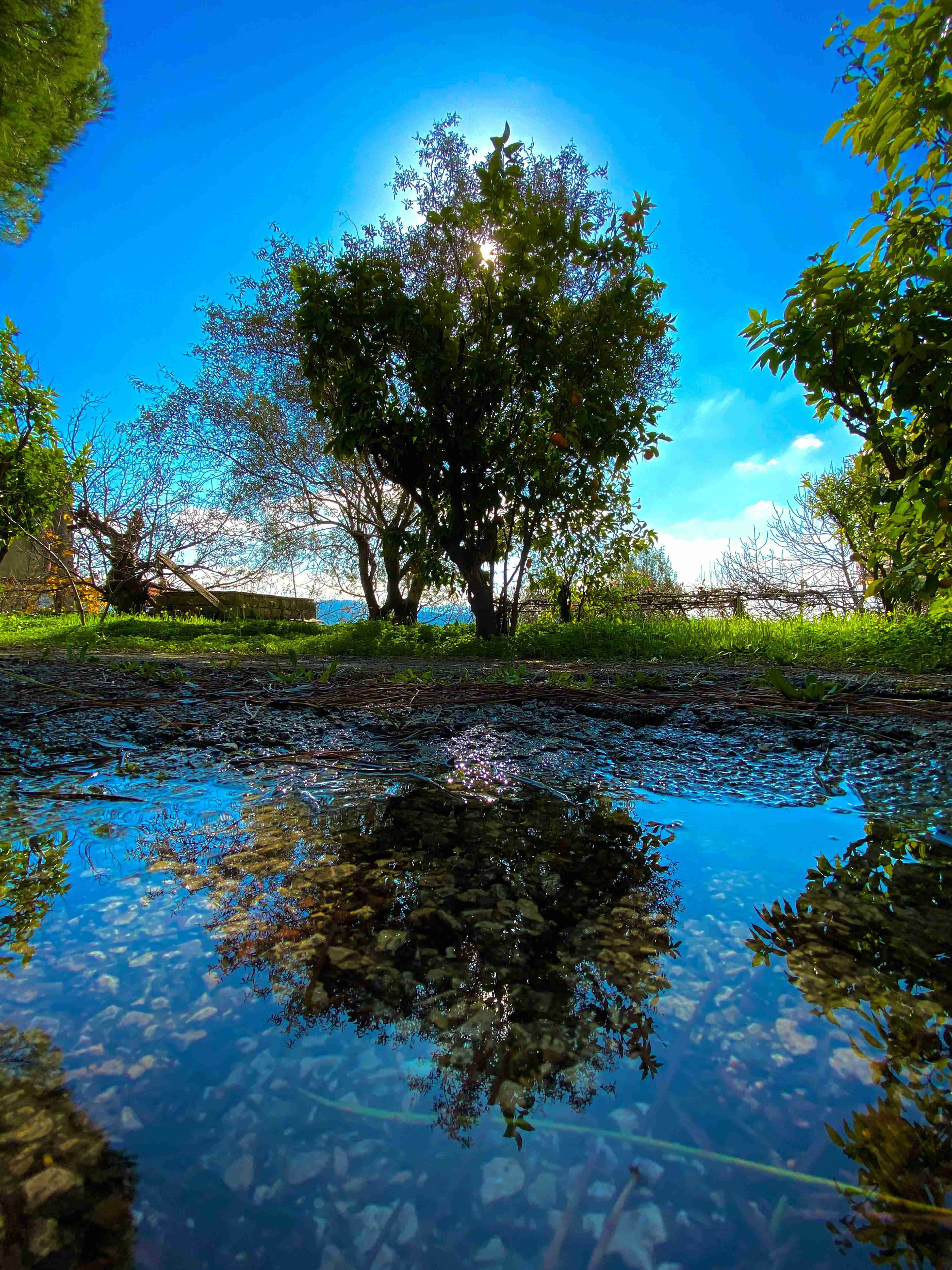

Reducing Food Waste: How to Properly Store Fruits and Vegetables
Properly storing fruits and vegetables is essential for reducing food waste. By following these guidelines, you can extend the shelf life of your produce and minimize spoilage:
1. Understand Different Storage Requirements
Not all fruits and vegetables have the same storage needs. Some prefer cool and dark environments, while others require room temperature or even refrigeration. Here are a few examples:
- Refrigerate: Berries, leafy greens, broccoli, carrots, and bell peppers.
- Room Temperature: Tomatoes, bananas, avocados, citrus fruits, and melons.
- Cool and Dark: Potatoes, onions, garlic, and winter squash.
2. Store Fruits and Vegetables Separately
Some fruits, like apples and bananas, release ethylene gas as they ripen. This gas can speed up the ripening process of other nearby produce, leading to faster spoilage. To prevent this, store fruits and vegetables in separate containers or compartments.
3. Use Proper Packaging
Proper packaging can help maintain the freshness of fruits and vegetables. Consider these options:
- Breathable Bags: Use mesh or perforated bags for storing produce like onions, garlic, and potatoes. These bags allow air circulation, preventing moisture buildup.
- Airtight Containers: For delicate fruits and leafy greens, use airtight containers or wrap them in plastic wrap to retain moisture.
- Produce Bags: Use produce bags to separate individual items like apples or oranges, preventing them from rubbing against each other and causing bruising.
4. Check and Rotate
Regularly check your stored fruits and vegetables for any signs of spoilage. Remove any spoiled items immediately to prevent them from affecting nearby produce. Additionally, rotate the produce to ensure that older items are used first.
By following these storage guidelines, you can significantly reduce food waste and enjoy fresh produce for a longer time.
References:
- "Storing Fruits and Vegetables for Better Taste" - University of Illinois Extension
- "Storing Fresh Fruits and Vegetables for Best Flavor" - Colorado State University Extension
Related Posts
© 2025 Invastor. All Rights Reserved

User Comments